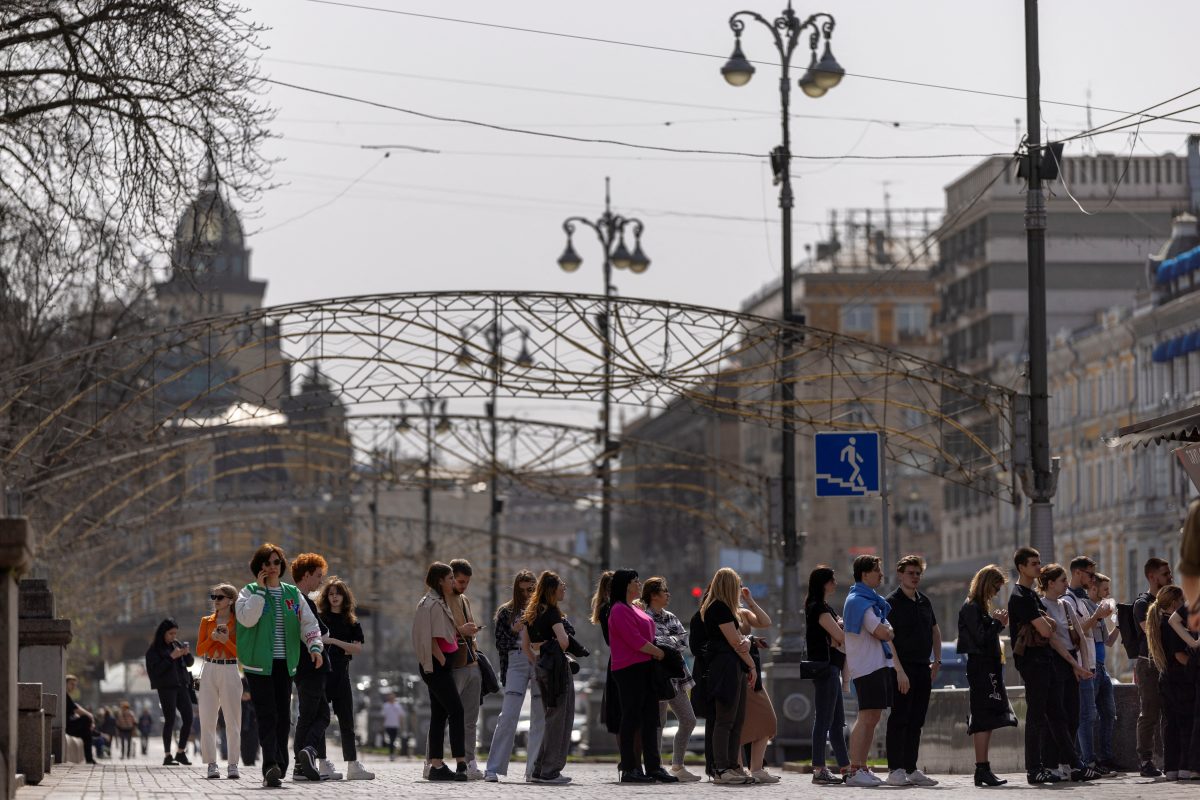THE HAGUE, (Reuters) – Russian forces deliberately used starvation of civilians as a military tactic during the 85-day siege of the Ukrainian city of Mariupol, international legal experts said in a report published today.
Human rights organisation Global Rights Compliance, whose experts also assist Ukraine’s Prosecutor General, said Russian forces “systematically attacked objects indispensable to the survival of the civilian population” such as food, water, energy and access to healthcare.
At the same time the troops cut off evacuation routes and blocked humanitarian aid from coming in, it added.
The Russian foreign ministry did not immediately respond to a written request for comment on a national holiday. Moscow has always denied its troops target civilians in Ukraine.
Mariupol became a byword for horror during a nearly three-month-long Russian siege for control of the strategic port city between March and May 2022, with trapped civilians who were forced to bury their dead by the roadside.
Starvation of civilians “by depriving them of objects indispensable to their survival” as a military tactic is defines as a war crime under the International Criminal Court’s founding Rome Statute.
In that definition starvation is not just about food, Olha Matskiv, a Ukrainian legal advisor with GRC, told Reuters.
“It is (about) everything that a person needs to survive,” she explained, saying that heating, water and the availability of healthcare can also be objects indispensable to survival.
For their report GRC legal experts worked with defence intelligence specialist and open source investigators to analyse satellite images and images and reports from eyewitnesses and officials during the siege of Mariupol.
According to Matskiv, the report shows that in addition to victims from the intense fighting, many more people in Mariupol died because of lack of food, water or heating after Russian troops attacked food distribution points, energy infrastructure, water supply installations and medical facilities.
“We came across some horrific cases where elderly people died in their own apartments from lack of water or because they were cold, because (there was) no heating inside Mariupol,” she said.
Yuriy Belousov, head of the war crimes unit in Ukraine’s Prosecutor General’s Office, said in statement the incidents in the Mariupol report are part of the national prosecution’s current case files.
The ICC has jurisdiction over war crimes, crimes against humanity and genocide if committed on the territory of Ukraine. The court has so far issued four arrest warrants related to Ukraine including against Russian president Vladimir Putin for the deportation of Ukrainian children.










